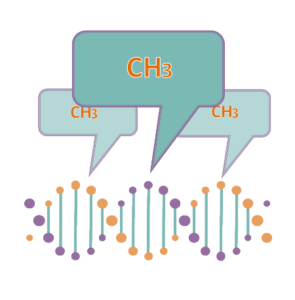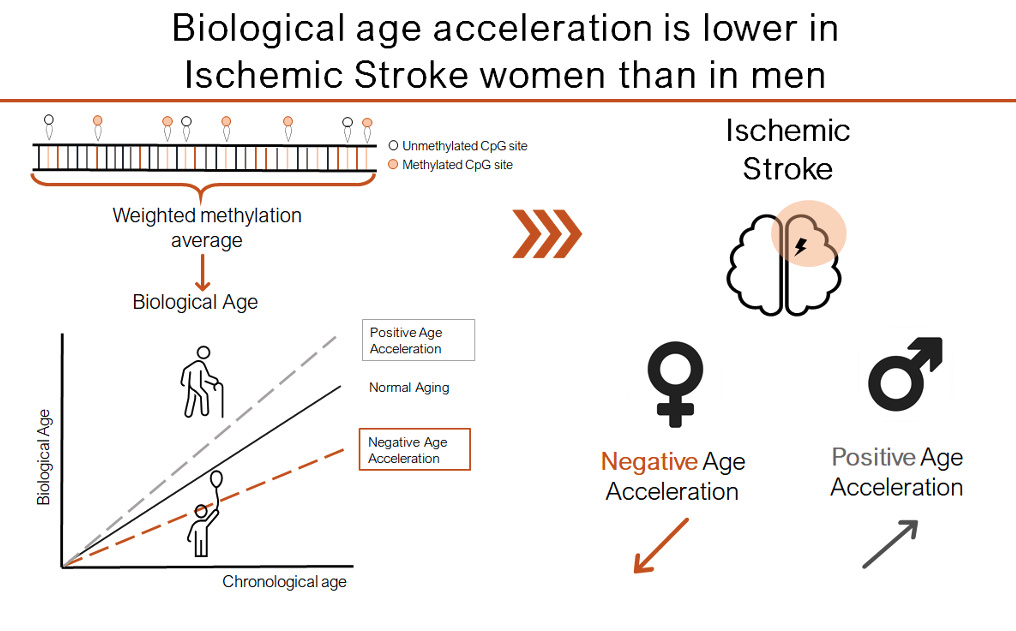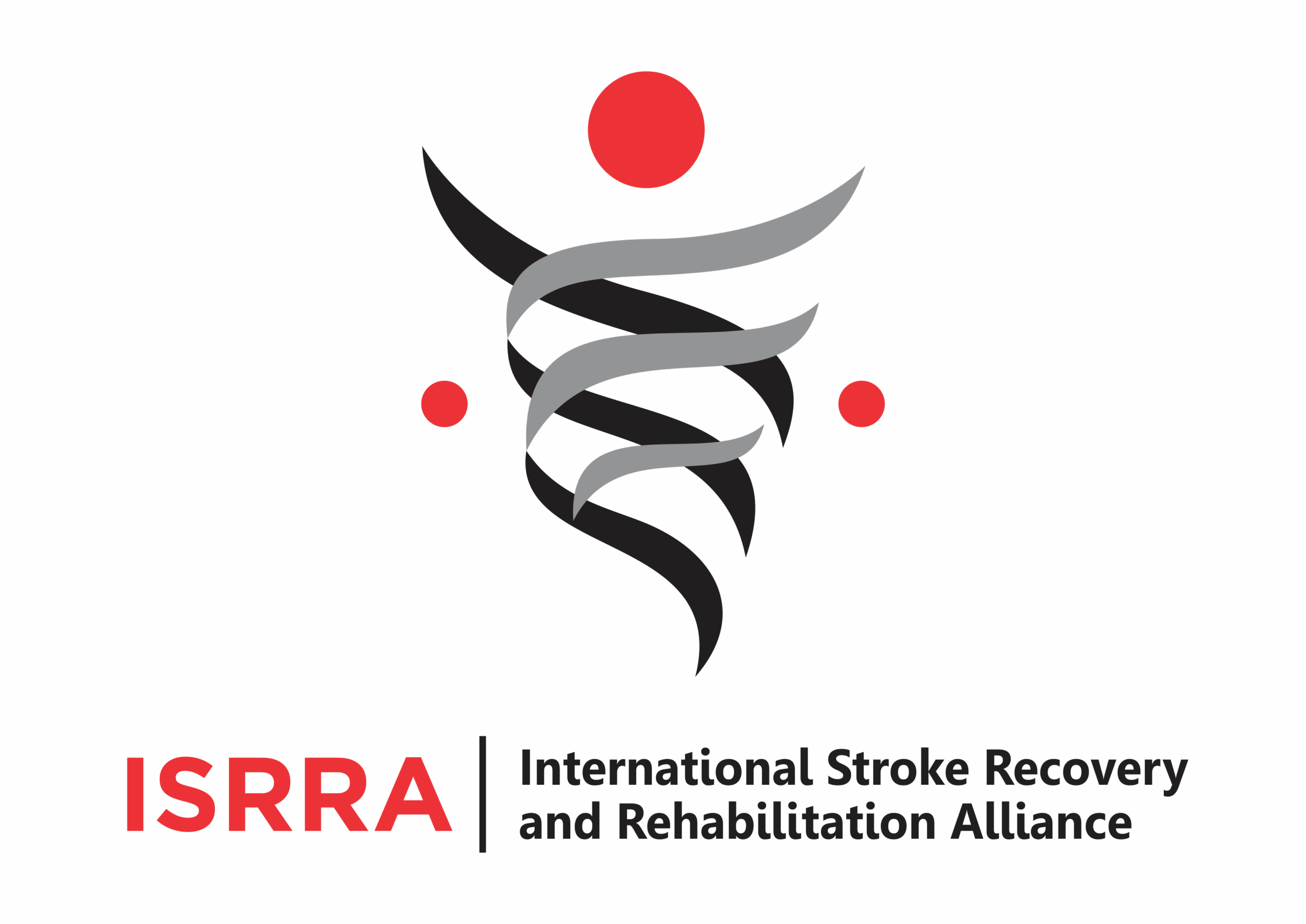L2 Epigenetics and biological age

The research line in Epigenetics was born in 2013 from the PharmaStroke project. Epigenetics studies modifications that occur in DNA, but do not alter its sequence. These modifications modulate gene expression, promoting or repressing transcription. The Pharmacogenomics and Neurovascular Genetics Group focus on the study of alterations in DNA methylation patterns associated with the risk of stroke (Cullell N. et al. Thromb Haemost. 2022) or its outcome (Cullell N. et al. Clin Epigenetics. 2022). Given the dynamic nature of DNA methylation, the relationship between alterations in methylation patterns and drug response is of special interest to our group (Gallego-Fabrega C. et al. Stroke. 2016, Gallego-Fabrega C. et al. Stroke. 2016), with the aim of finding new therapeutic targets for stroke management.
For these studies we use an agnostic approach, EWAS (Epigenome-Wide Association Studies), in which up to 850,000 positions of the genome are scanned by evaluating their methylation levels. This allows us to identify new genes and regions associated with stroke, and thus expand our knowledge of its pathophysiology.
More recently we have added to this line the study of biological age (Gallego-Fabrega C. et al. Stroke. 2022). Using certain DNA methylation site, we can approximate the age of an individual. Biological age, as opposed to chronological age, allows us to assess more accurately the overall state of health and account for the influence of lifestyle and environment. Thus, we obtain a cumulative rate of aging, a point of great relevance in a disease such as stroke that is highly associated with age.







